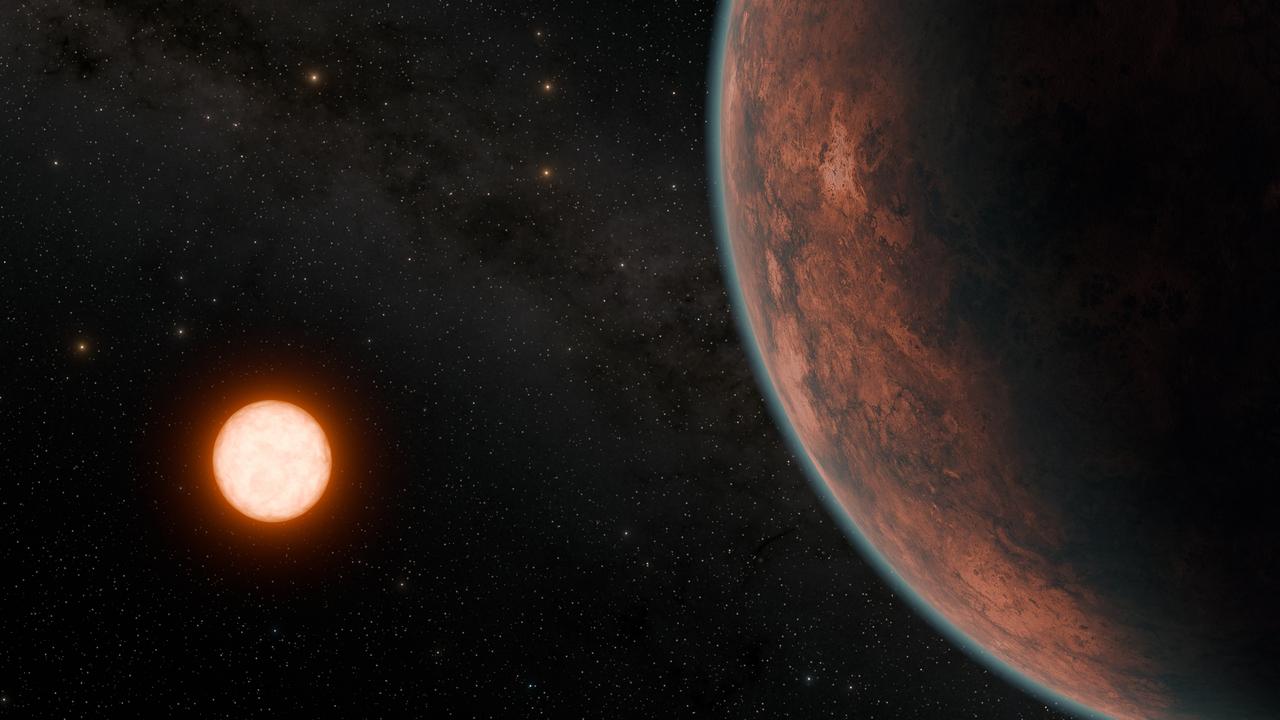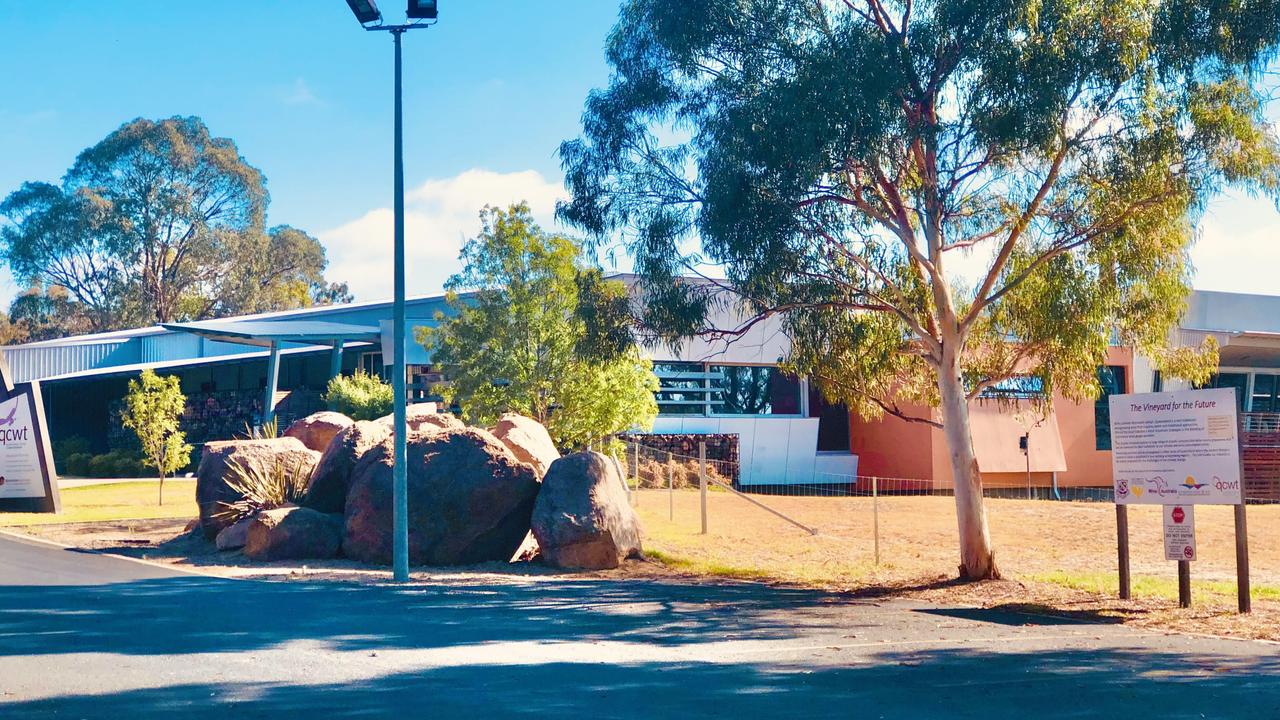University of Southern Queensland PhD student Shishir Dholakia discovers Earth-like planet
A UniSQ PhD student has discovered a promising Earth-like planet within range of observation. Find out why it might be habitable.

Education
Don't miss out on the headlines from Education. Followed categories will be added to My News.
A University of Southern Queensland PhD student has discovered a promising, Earth-like planet, and while travel is not yet included in its discovery, the planet shows promise of being habitable.
Before we get ready to jump off this planet for endless adventures through the galaxy, the planet is still 40 light years away. While we may not get to it in the near future, what we can do is observe it with some of the most powerful telescopes we have, UniSQ PhD student Shishir Dholakia said.
The planet, now named Gliese 12 b, is not just Earth-sized, but also of similar temperature.
“Gliese 12 b could be at the right temperature for liquid water to pool on its surface, and that’s important because we tend to think liquid water is an essential ingredient for life as we know it,” Mr Dholakia said.
These results came as Mr Dholakia co-led a group with University of Edinburgh PhD student Larissa Palethorpe in collaboration with researchers at NASA.

“And so, in this great search for life that we’re undertaking, we want to try and find planets that are potentially habitable, and this could be a good contender,” Mr Dholakia said.
Gliese 12 b may also be able to answer questions as to why the “twin planets” of Earth and Venus have such different atmospheres, Mr Dholakia said.
“Earth is this haven for life as we know it, but Venus is hot enough to melt lead on its surface. The difference between these two planets is largely because Venus has a very hostile atmosphere,” he said.
“We think that Gliese 12 b, which is right between Earth and Venus in terms of the amount of light that it gets from its Sun, could actually bridge the gap between Earth and Venus and help us understand why the two turned out to be so different.”
Chuffed to be the discoverer of what may kickstart endless possibilities of launching humans into space to find another home, Mr Dholokia said it was an experience like no other.
“It’s been very special; it’s been really nice to learn from everyone who has so much more experience than we do. At the same time, it’s been great to share the expertise that we have at UniSQ with the rest of the world,” he said.
The planet was found through analysis of NASA observation data and further confirmed through investigations with UniSQ Mt Kent Observatory and European Space Agency’s CHEOPS satellite.








